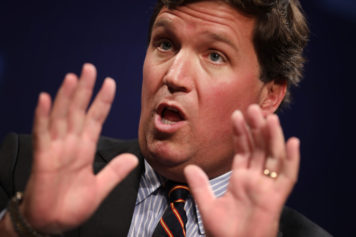The European Union on Monday will propose lifting its block on South African sugar and allow more duty-free access for wine in return for help with Europe’s stalled trade deals with sub-Saharan Africa, people familiar with the matter said.
EU trade chief Karel De Gucht will make the offer to South African officials in Johannesburg, two people close to the talks told Reuters, on his first stop in a week-long tour of Africa that is seen as a last big push to salvage trade deals across the continent.
The EU, the world’s biggest sugar importer, launched talks with more than 70 African, Caribbean and Pacific countries 11 years ago, offering access to Europe’s 500 million consumers.
South Africa already has a free-trade deal with Europe but has been critical of the EU’s efforts and has refrained from backing them. It is worried it will be worse off if its neighbors have better EU access.
“This offer is part of the EU’s strategy. South African support for free trade between Africa and Europe could generate a ripple effect across much of the continent,” said one of the people familiar with the issue.
De Gucht, who handles trade for the EU’s 28 member countries, will propose broadening South Africa’s free-trade deal that dates from 1999 by agreeing to a long-held South African demand and offering a duty-free quota for its sugar.
However, Brussels’ offer will fall short of South Africa’s demands for a 320,000-tonne-a-year sugar quota.
Nevertheless, it constitutes a concession by the EU which has effectively blocked access to South African sugar through high tariffs since the country’s apartheid era of racial discrimination.
The EU, South Africa’s biggest wine export market, will also propose expanding South Africa’s duty-free quota of around 95 million liters a year.
South African wine exports rose to almost 410 million liters last year, around 65 percent of which goes to Europe, according to industry body Wines of South Africa.
Read the full article on Reuters


